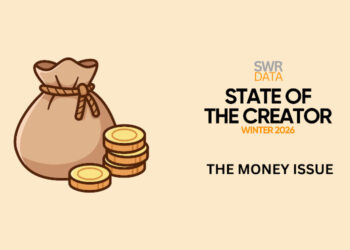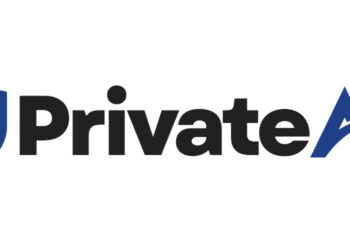 First, British Prime Minister Theresa May’s conservative government cracked down on adult entertainment, online and off, in ways many inside and outside the industry fear will lead to “regulation creep” and chill free speech.
First, British Prime Minister Theresa May’s conservative government cracked down on adult entertainment, online and off, in ways many inside and outside the industry fear will lead to “regulation creep” and chill free speech.
Now May, who narrowly held her seat after her party lost its majority in Parliament as a result of last week’s general election, wants to bring social networks to heel, as well.
During what has proved to be a devastating year for the U.K., terrorist attacks thought to be connected with the Islamic State terrified Westminster in March and Manchester in May. In June, London Bridge and Borough Market were attacked only days before the election took place.
May holds cyberspace to blame for providing recruitment channels and means of communication to IS and other extremist groups.
Social media, YouTube, search engines, forums and other online channels provide terrorism “the safe space it needs to breed,” May said during a June 4 speech. She wants “allied, democratic governments to reach international agreements to regulate cyberspace in an effort to prevent the spread of extremism and terrorist planning.”
The U.K. government already invades citizens’ privacy under auspices of the Investigatory Powers Act 2016 — called the Snoopers Charter by critics — which authorizes interception, recording and monitoring of internet use. The Digital Economy Act 2017 added to the government’s peeping-tom authority by, among other things, requiring anyone who wants to visit adult websites to register using some form of government ID, ostensibly to prove their majority.
May wants the U.K.’s “leadership” in cyberspace regulation expanded throughout the rest of the connected world.
She’s not alone. Leaders of the Group of 7, or G7 — an informal bloc of industrialized democracies including Canada, France, Germany, Italy, Japan, the U.K. and the U.S. — recently voiced support for a worldwide effort to rid the web of terrorist education, communication and coordination. Germany is considering a law that would fine companies like Facebook, Twitter and YouTube as much as €50 million if they don’t quickly identify and remove illegal or inflammatory content. A European Union draft law proposes holding YouTube, Vimeo and other video hosts liable when their users spout hate speech or incite violence.
Some of the proposals go so far as to mandate proactive censorship, demanding hosts review — in some nebulous way — every piece of content they allow on their platform before it’s posted. Considering YouTube acquires about 300 hours of new video daily, that’s a fool’s errand.
May and the others are certain technology exists or can be created to dispense with terrorists’ use of cyberspace. What they have not addressed is how they intend to enforce censorship of truly dangerous speech without silencing legal, if unpopular, speech, as well. Even less certain is how to prevent abuse of such a system by commercial interests, governments and individuals with something to gain by silencing competitors or their opposition.
But that’s not the only problem with the proposals put forward by May, the Germans, the G7 and the E.U. Even were the censors able to catch only speech that truly jeopardizes life and limb while leaving everything else alone, extremists simply would retreat to the Dark Web’s dark corners.
The sheer genius — evil genius, but genius nonetheless — of the censorship proposals currently floating is that such systems would sidestep constitutional guarantees in the U.S. and similar human rights declarations in other countries. By putting the censorship onus on private companies, the government effectively removes the label “censorship,” as unconstitutional censorship can be accomplished only by a government. Commercial entities are within their rights to limit the speech they permit, so the censored would have no legal redress.
The internet has changed the world, for good and ill. It’s a part of daily life for the vast majority of the world’s human inhabitants, serving not only as a platform for communication, but also as an infrastructure interface. While outrage about terrorism is understandable and appropriate, a panicked response that would attempt to kill a behemoth with a slingshot is unlikely to salve society’s fears.
We can’t blame the internet for terrorism — or porn. With or without the World Wide Web, both will continue. Nor should we penalize the victims, which is what clamping down on online speech would do, in essence.
Ultimately, attempts to rein in cyber-speech are destined to fail — not because restrictions can’t be instituted or authorities are ineffectual, but because the internet has become a living, breathing entity in its own right. No organism meekly accepts its own death.
The genie is out of the bottle. Good luck putting him back in.











